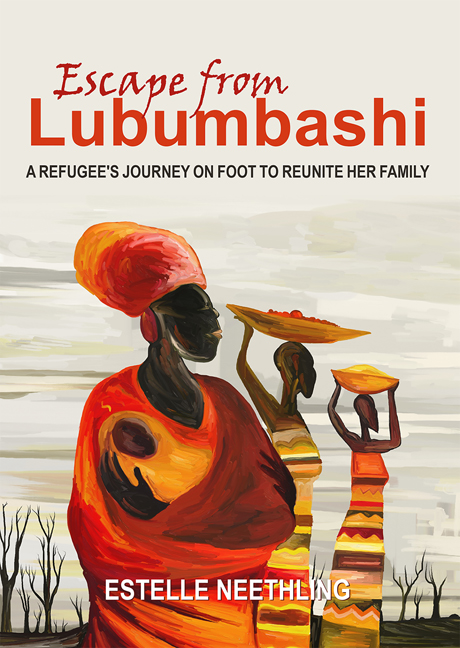13 - Three babies born to the Kabangos
Summary
At the beginning of 2000, the so-called millennium, Adolphine was six months pregnant with her second child. She attended the Hanover Clinic from time to time and there the reaction would be the same: “Ababantu! These people!”, the locals would hiss when they set eyes on anyone who looked like a foreigner. Undaunted, amazed at their ignorance, Adolphine would pipe up: “you talk about jobs being stolen. Everyone is poor! Think development.” Then the sister in charge would join the conversation in support and say: “You are like us. Jesus was a refugee, a foreigner.” Looking around the waiting room, including in her gaze those who expressed hate, she’d remind them: “this [the Western Province of South Africa] is my province. Mna ndizakuhlala apha. Nina nizo goduka.” (I am staying here, you are going to the Eastern Cape.)
Adolphine gave birth to Christine on 9 June 2000 at Hanover Park antenatal clinic. “I gave birth naturally and it was a good experience, but afterwards my temperature went high – up to forty degrees and above. The nursing staff warned that such a high fever was a sign that something was wrong and that I could die. The sister asked whether I had been tested for HIV/Aids which I had, just before the birth. Hanover Park was sending patients to Somerset Hospital in Green Point near Cape Town for tests at the time. The test was negative. The clinic wanted to refer me to a hospital, but when I didn't want to go they sent me to a doctor. Then I went home. I drank lots of cold water, used cold compresses and took the paracetamol which the doctor had prescribed. I didn't go back to the clinic. My temperature came down and a month later I was back at work. Sepano had been unemployed for some time and he looked after the children while I was at work.”
Their third child, whom they named Joseph after Adolphine's father, was born at Groote Schuur hospital in April 2002. This time around the delivery was problematic in that her labour had to be induced. Again she was tested for HIV/Aids before the baby was delivered safely by a doctor. Adolphine has high praises for the professional treatment she received from the medical staff at the hospital. “I had lost a lot of blood and felt dizzy.
- Type
- Chapter
- Information
- Escape from LubumbashiA Refugee's Journey on Foot to Reunite her Family, pp. 74 - 77Publisher: University of South AfricaPrint publication year: 2021

